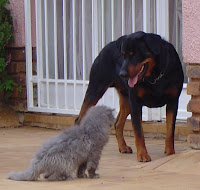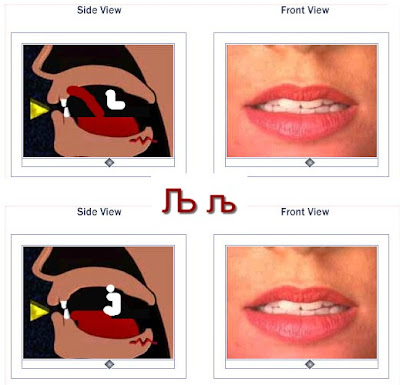Many thanks to all the faithful followers of this blog for celebrating European Day of Languages every day :) I'm not a big fun of one-day praznik-a, but let me share with you some great resources for learning Serbian which cover this topic:
Can you watch it several times, if necessary, and jot down at least three reasons why learning different languages is important, according to the interviewees ?
- Proslavite Evropski dan jezika - Serbian version flyer
- Celebrate the European Day of Languages - English version (check for flyers in other languages)
- An RTV Article
- Today's video about this topic:
- An excellent 2012 video on this topic:
Can you watch it several times, if necessary, and jot down at least three reasons why learning different languages is important, according to the interviewees ?

.png)




















